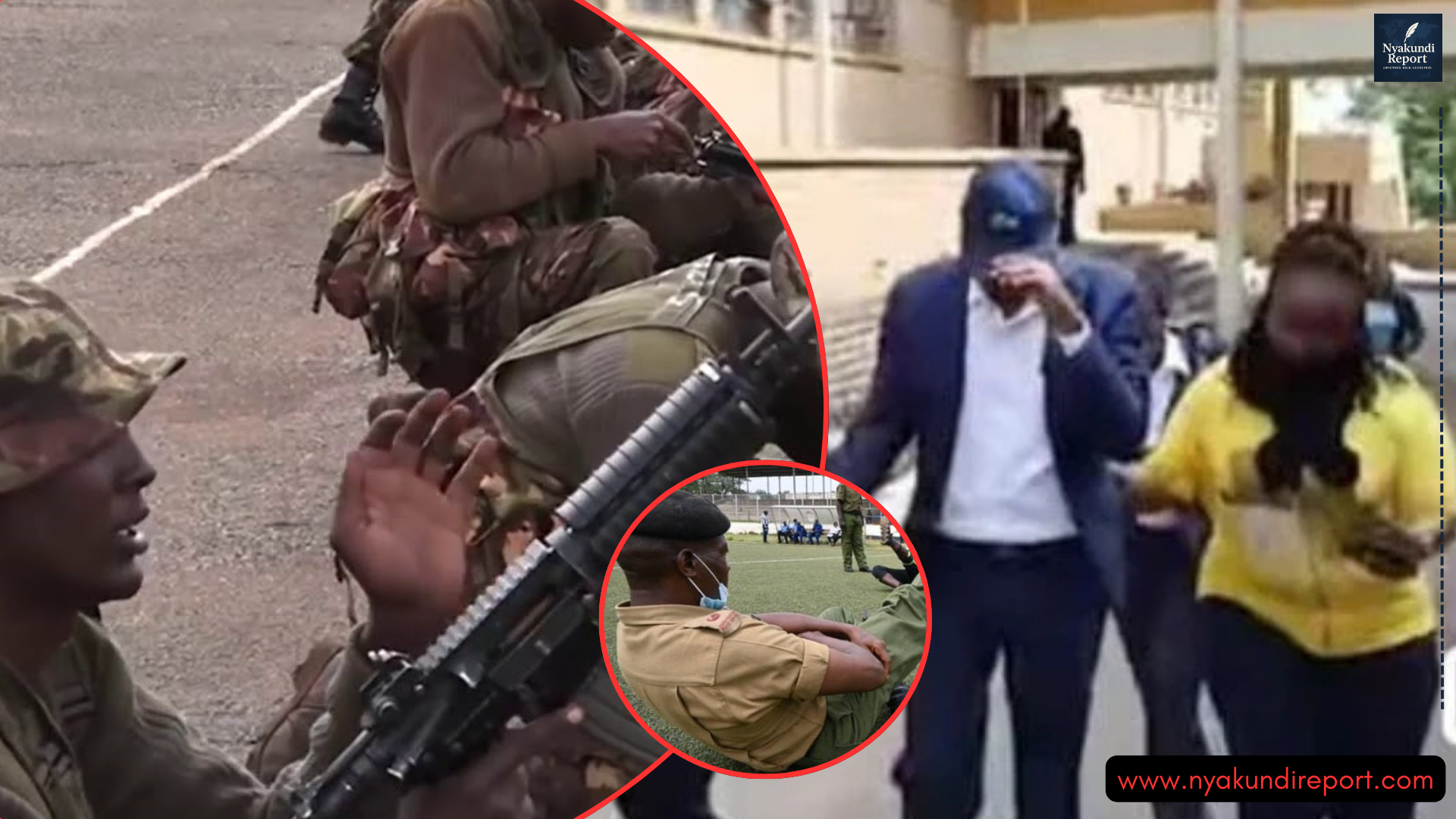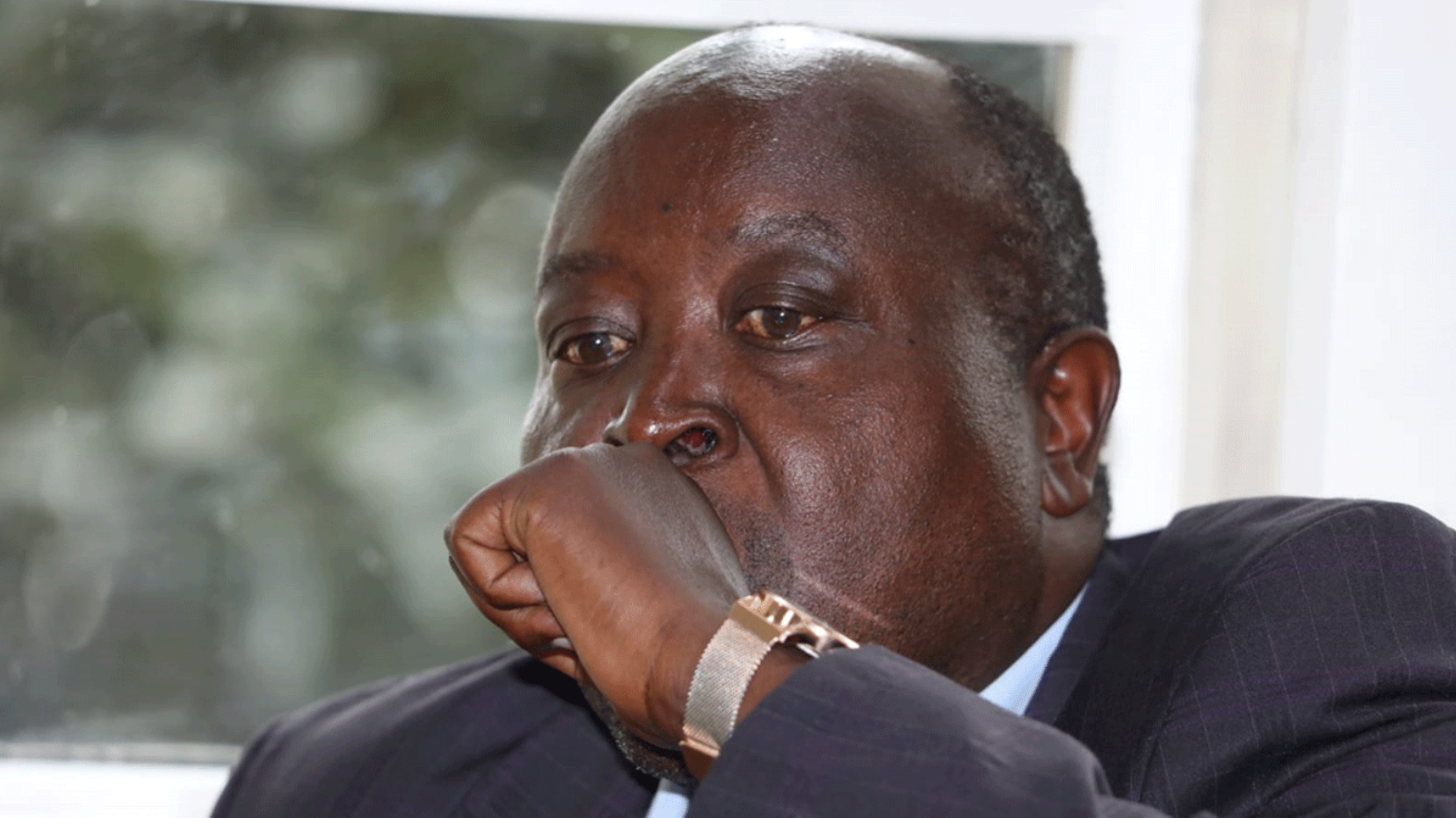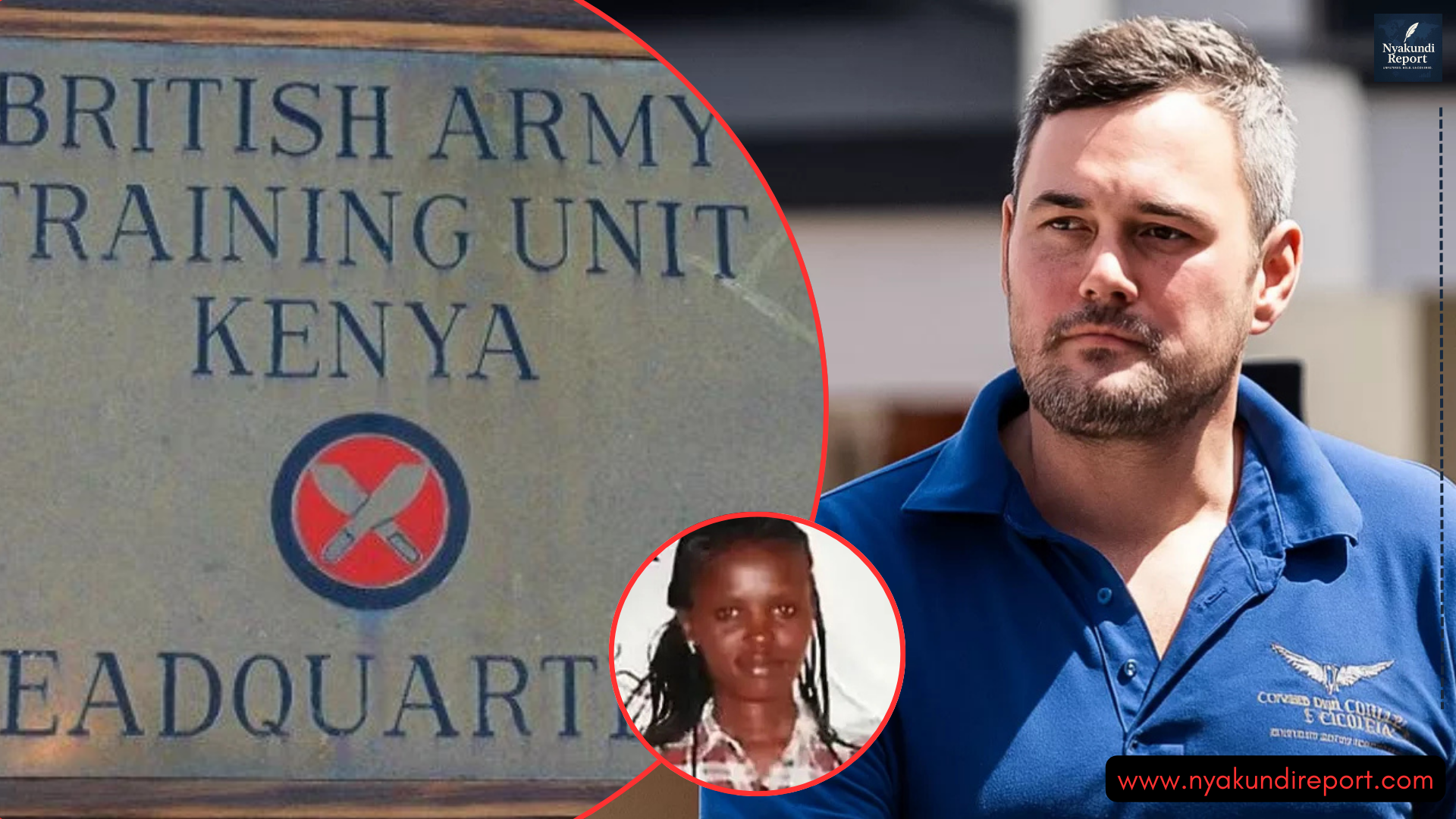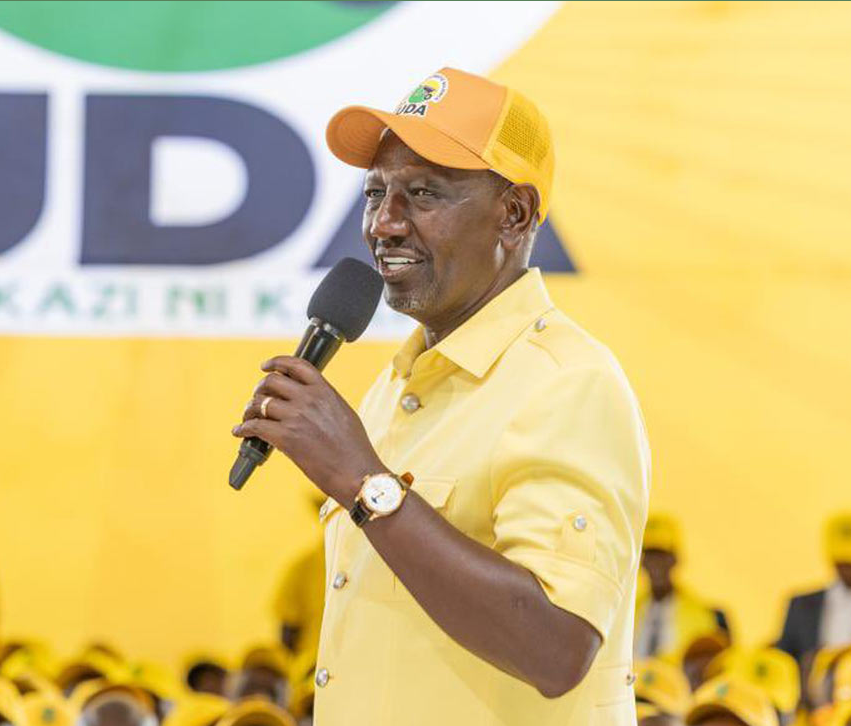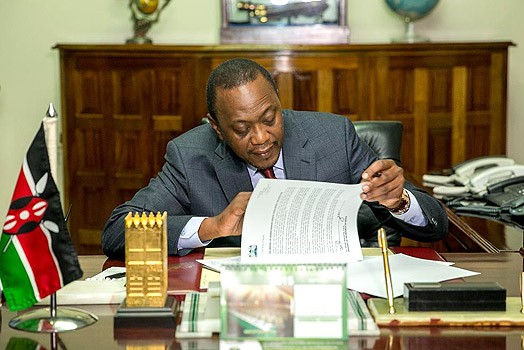The latest controversy surrounding the Assets Recovery Agency (ARA) has now assumed proportions of national concern, after a sequence of questionable actions in relation to the disposal of a Bentley Continental GT now place the integrity of the institution under the spotlight.
What might have appeared at first as an isolated administrative lapse has, however, evolved into a full-blown institutional scandal, exposing a troubling pattern of opacity, manipulation and disregard for due process within the agency entrusted with safeguarding public assets.

The saga reportedly began on 25 February 2025, when ARA published a notice advertising a public auction scheduled for 13 March, with the Bentley Continental GT among the high-profile assets listed for sale.
But in circumstances that remain suspiciously opaque, the auction was suddenly and unceremoniously cancelled, without explanation to the public or to the prospective bidders who had already signalled their intention to participate.
Reports from within the agency suggest that the abrupt cancellation was not precipitated by procedural irregularities or unforeseen logistical obstacles but rather by an insidious internal bias calculated to frustrate certain bidders while shielding others, thereby undermining the very principle of equality of access that underpins any legitimate auction process.
On 18 June 2025, ARA moved ahead with a second attempt at auctioning the Bentley, this time in a more restricted exercise that observers have already characterized as “exclusive” rather than genuinely public.
The process culminated in the emergence of the highest bidder who, according to all credible details, duly complied with every stipulated condition of sale, was formally declared the successful purchaser and legitimately expected that the agency would proceed with the routine administrative steps necessary to transfer ownership.
Instead, what followed was an extraordinary display of institutional ambivalence and duplicity as ARA officials allegedly began to mount a sustained campaign to frustrate the very bidder they had formally recognized, while simultaneously extending preferential treatment to the second-highest bidder through opaque and irregular back-channel dealings.
Faced with what appeared to be a concerted effort to dispossess him of a validly acquired interest, the highest bidder resorted to judicial intervention and, in due course, obtained injunctive relief designed to protect his rights pending the resolution of the dispute.
However, rather than allowing the courts to arbitrate in accordance with the law, credible reports suggest that certain ARA operatives have actively sought to obstruct compliance, to frustrate the litigation process, and to ensure that justice is delayed if not altogether denied, thereby placing the agency on a direct collision course with the judiciary.
The controversy has been further inflamed by revelations that the second bidder, who is widely believed to be acting as a proxy for a wealthy Indian businessman with extensive commercial interests in Kenya, has been openly boasting in social circles that he is already in possession of the keys to the Bentley as well as a purported release order authorizing him to take custody of the vehicle.
“Hello Nyakundi. There is an interesting matter unfolding inside ARA that you need to be aware of. It concerns the Bentley Continental GT that has been at the centre of controversy for the past few months. What is happening is not simply mismanagement but a very deliberate scheme. Let me give you the full picture. On 25 February 2025 ARA published a notice for a public auction scheduled for 13 March. The Bentley was listed among the top assets and many bidders expressed interest. Then without warning the auction was cancelled. No explanation was offered to the public or to the bidders. From what we have seen inside the agency the cancellation was not due to any technical issue but a calculated move to block certain people while protecting others with inside connections. Later on 18 June 2025 ARA proceeded with a second auction exercise. This time it was not truly public. It was conducted in a controlled and restricted manner that gave an advantage to a few preferred participants. The highest bidder complied fully with all requirements and was declared the successful purchaser. At that point he expected a straightforward transfer of ownership. Instead ARA officials began to frustrate him systematically. They delayed paperwork and raised unnecessary obstacles. At the same time they extended unusual favour to the second highest bidder. This second bidder is widely believed to be a proxy for a wealthy Indian businessman who has large commercial interests in Kenya. The highest bidder eventually sought protection from the courts and obtained an injunction to safeguard his rights. However instead of respecting the decision of the court certain officers within ARA have been actively obstructing compliance. They have gone out of their way to frustrate the legal process and delay justice. Meanwhile the second bidder has been boasting openly that he already has the keys and a release order for the Bentley. That means the car was released to him through irregular arrangements within ARA. This was done in complete violation of due process and in contempt of court authority. What this shows is not incompetence but an organised conspiracy within the agency. Senior individuals have enabled the illegal transfer and they did so deliberately. The agency has been captured by vested interests and is now being used to convert public assets into private spoils. The most urgent questions are these. Who inside ARA authorised the illegal release. Under what authority was the court ignored. And why would an institution that is supposed to protect national assets instead betray its mandate so openly?”
These revelations amount to nothing less than a national scandal of the highest order, laying bare how a losing bidder in a publicly advertised auction whose rights were not only inferior to the highest bidder but also subordinate to the binding authority of the courts, somehow secured physical possession of a contested state asset through clandestine, unlawful arrangements within ARA itself.
The implications are devastating as they not only confirm incompetence and bureaucratic lapses but outright criminal conspiracy within ARA, while exposing the deeper institutional capture of the agency by vested interests determined to twist public processes into private spoils.
The central question that demands immediate answers is who within the agency orchestrated this illegal release, under whose authority such brazen contempt for law was executed, and why ARA was willing to trample its statutory mandate, its fiduciary duty to the Kenyan people, and binding court orders in order to gratify the ambitions of shadowy proxies.
This is not mismanagement but deliberate sabotage of due process, calculated humiliation of the judiciary and the cynical betrayal of public trust.
That a government institution charged with safeguarding national assets could sink into such criminal lawlessness should shake the nation to its foundations, for it confirms that the very custodians of integrity have transformed themselves into enablers of corruption.
We will continue to pursue this story relentlessly, tracking every twist and exposing every concealed hand, until full accountability is achieved and the truth is laid bare before the Kenyan people.
Those within the agency or its networks who possess inside knowledge of these irregular dealings have a moral duty to speak out, for silence in the face of such brazen betrayal is nothing less than complicity in the corruption that threatens to hollow out our institutions.

